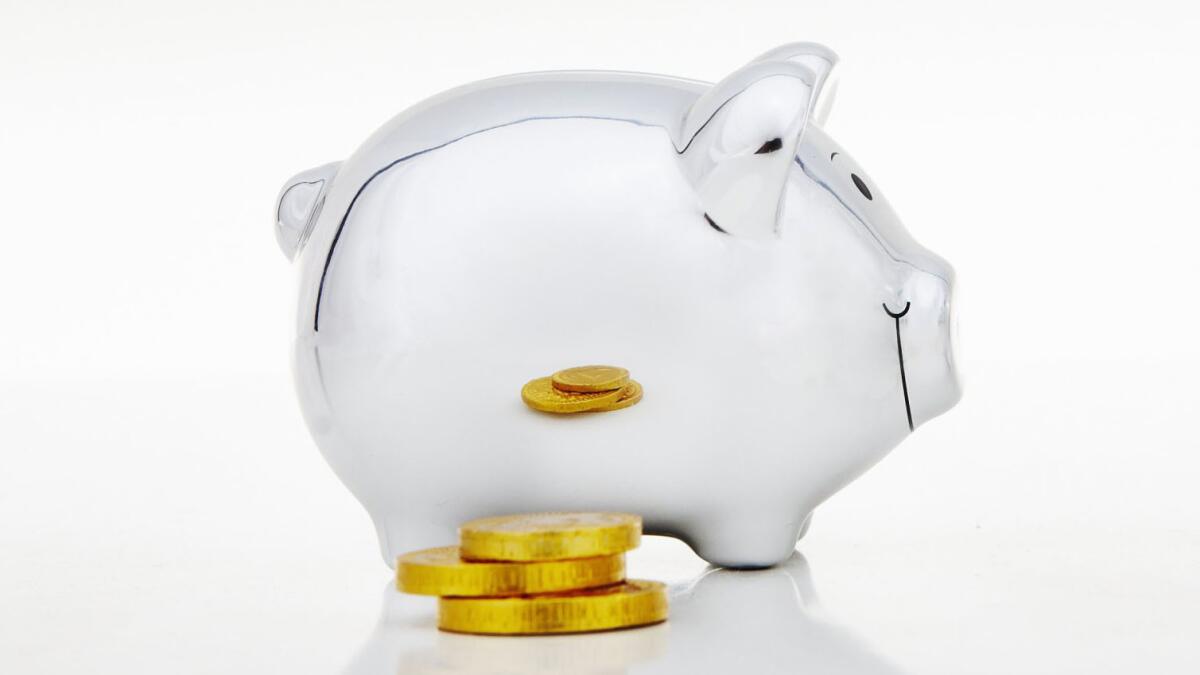5 financial goals to set in 2017

- Share via
The beginning of the new year is the perfect time to reflect on the past and look forward to the future.
Here are five financial goals to consider setting in 2017. Pick a few or pick them all. Either way, you’ll be on the path to a better financial picture this time next year.
Set a budget
Knowing where and how you’re spending your money is the first step to getting your finances in order. Start a simple spreadsheet that lists all your expenses along with your net income, or use a budgeting app such as Mint. Look for ways to pare your variable expenses — costs that aren’t fixed — so you fit in funds for savings and retirement.
Invest in your 401(k) or an IRA
If your employer offers a 401(k), you should certainly take advantage of it — even if you start with a small amount, such as 3% of your income. 401(k)s and individual retirement accounts are great, because the amount you contribute can be excluded from your taxable income. Many employers will match your 401(k) contribution, up to a certain percentage, which doubles your contribution each time.
Increase your 401(k) or IRA contribution
If you’re already contributing to your company’s 401(k), bravo! Now, increase the amount you contribute by a percentage point or two. Use the same approach for an IRA. If your employer offers a match, try to increase your contribution to at least meet that match maximum so you reap the full benefits the company is offering.
Pay off your debt
Getting out of debt will mean you’ll have more money to contribute to saving for your future and, ultimately, more financial freedom. One strategy is to focus first on the smaller debts you may have, such as credit card balances, which also may have relatively high interest rates.
Start an emergency fund
Having an emergency fund can offer financial relief and peace of mind in tough situations. Start by setting a goal of saving $1,000 in your emergency fund. Even if you put just $84 a month into an account, you’ll reach your goal within the year. If you need to dip into the account for an emergency, just make sure to replenish that amount.
It’s never too late to get started, so pick one or all the goals listed above and start setting yourself up for your best money year yet.
Smith is a financial and relationship counselor at Guy Stuff Counseling & Coaching and a contributor to NerdWallet.
MORE FROM BUSINESS
How to find a good tax preparer (and write off the bad ones)
A landlord can’t ban certain visitors because of race
Stock market steadies as Trump gets down to business
HUD suspends FHA mortgage insurance rate cut an hour after Trump takes office
More to Read
Inside the business of entertainment
The Wide Shot brings you news, analysis and insights on everything from streaming wars to production — and what it all means for the future.
You may occasionally receive promotional content from the Los Angeles Times.










